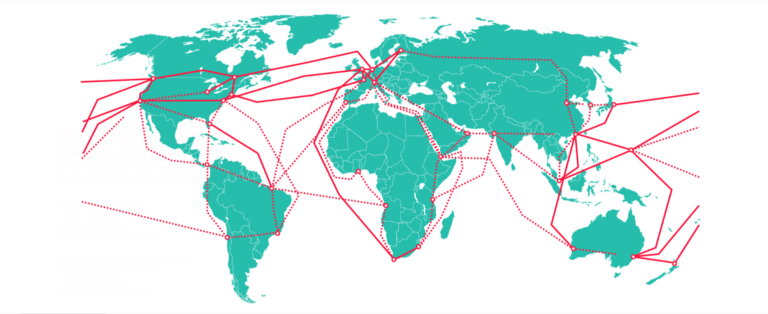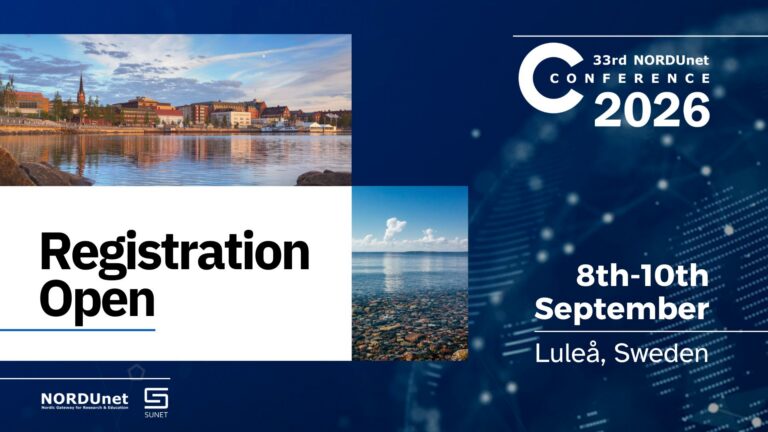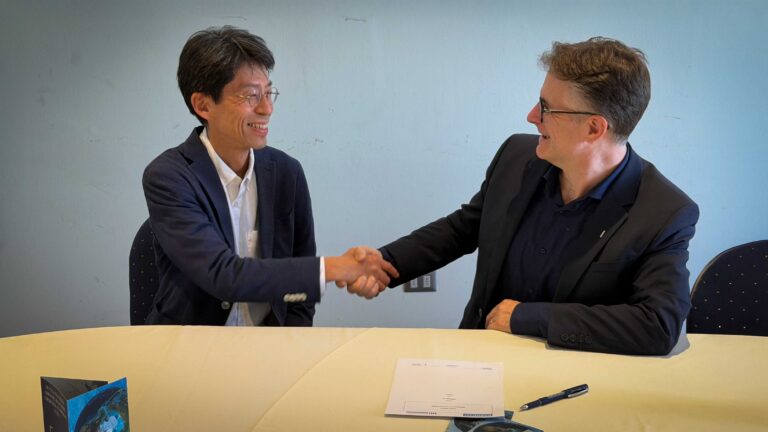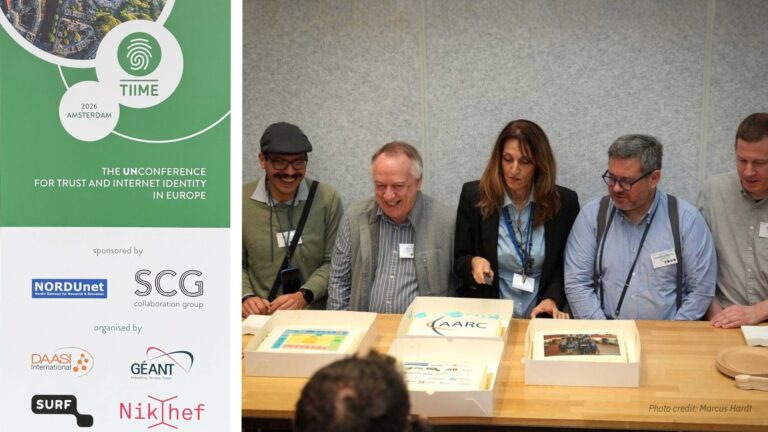NORDUnet CEO René Buch and Internet2 CEO Dave Lambert have been interviewed by American telecom and broadband news service Telecompetitor. In the interview, the two leaders talk about the importance of the Global Network Architecture (GNA) collaboration.
The article describes how research & education networks work together to enhance resiliency, bandwidth and economics of undersea connectivity, and how they collaborate to “move in stages to a more coherent and rationalized infrastructure”. The upshot is that participants now get “more capacity and more resiliency at a lower price”.
Also, Buch and Lambert point to issues, where R&E networks pioneer new technologies that eventually make their way unto commercial networks. Among those are Software Defined Networking and Virtual Supercomputing. Another area under exploration could be to build a new layer of services into the network designed to move a data flow pertinent to a specific science – a genomic sequencer feeding into a particular database or data from a telescope feeding into a distributed database structure.




